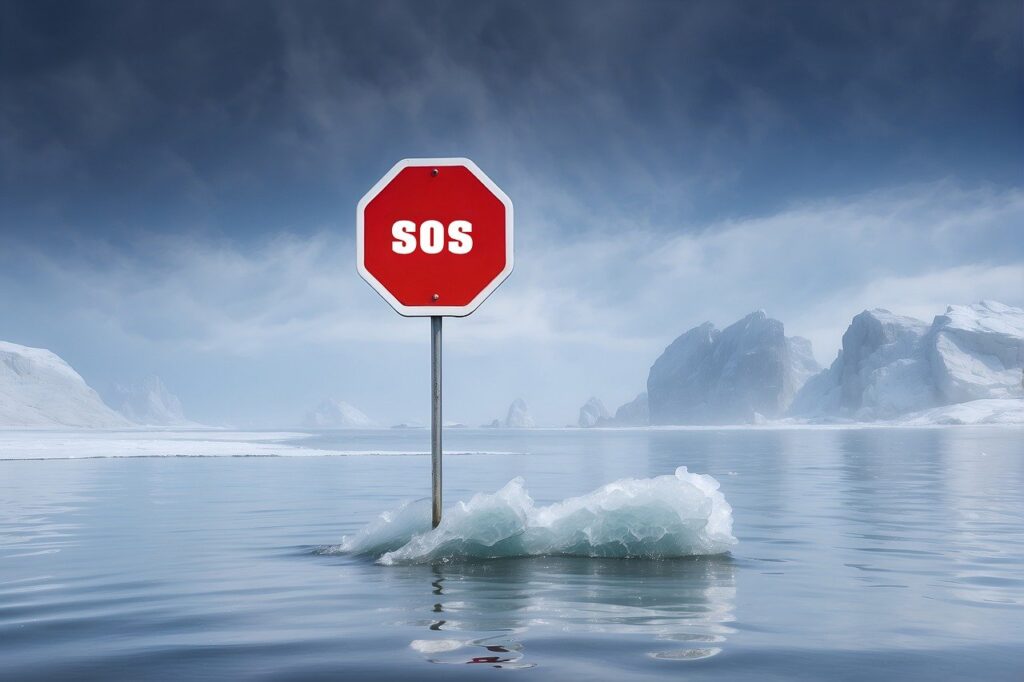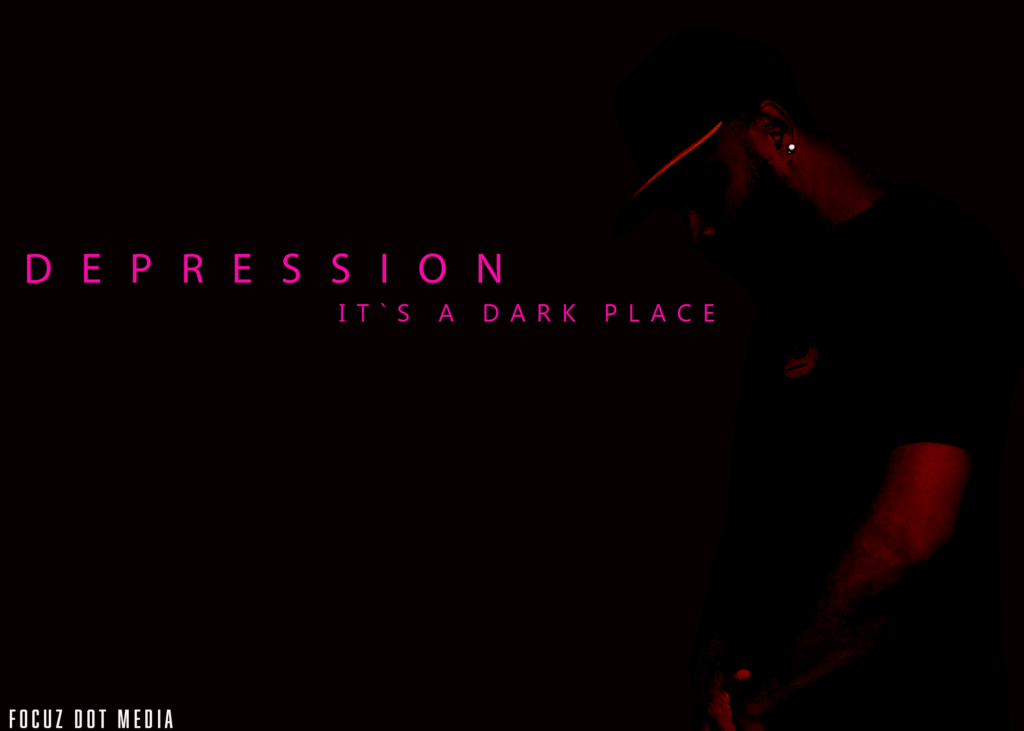

While common definitions of loneliness describe it as a state of solitude or being alone, loneliness is actually a state of mind. Loneliness causes people to feel empty, alone, and unwanted. People who are lonely often crave human contact, but their state of mind makes it more difficult to form connections with others.
Growing concerns around the dangers of loneliness have prompted a call to action by US Surgeon General Vivek Murthy, who recently issued an 82-page advisory on the issue. The advisory cites data from several studies, including research that found that nearly half of adults in the US experience feelings of loneliness daily.
Murthy’s report also cites a meta-analysis that found that the risk of premature death due to loneliness increased by 26% and 29% due to social isolation. Furthermore, the lack of social connection can increase the risk of anxiety, depression, stroke, heart disease, and dementia.
This article discusses what we mean by the term “lonely,” as well as the various causes, health consequences, symptoms, and potential treatments for loneliness.

TRUE STORY

It’s like I’m glass, females look right pass me as if I wasn’t even there, I’m not a bad looking guy, it’s really not spouse to be like that but in this day and time it is, not sure why women hate me so much when I’m a caring person. It’s so bad I don’t want to go outside at times, when I do the way females treat me, look down when walking pass me it shows me that they are heartless not knowing how much of what they just done hurt me so bad.
Defining Loneliness
Loneliness is a universal human emotion that is both complex and unique to each individual. Because it has no single common cause, preventing and treating this potentially damaging state of mind can vary dramatically.
I Don’t Need Friends’: Why You Might Feel This Way
According to Mental Health America, loneliness may link to mental health issues. Loneliness may trigger a mental health condition, or it may stem from a mental health condition.

According to the Centers for Disease Control and Prevention (CDC), loneliness may have a link to higher rates of anxiety, depression, and suicide. Loneliness is a complex state of mind that can be caused by life changes, mental health conditions, poor self-esteem, and personality traits.

Identifying and Fighting Loneliness
 Whether a person lives in isolation or not, feeling a lack of social connectedness can be painful. Loneliness can be described in different ways; a commonly used measure of loneliness, the UCLA Loneliness Scale, asks individuals about a range of feelings or deficits of connection, including how often they:
Whether a person lives in isolation or not, feeling a lack of social connectedness can be painful. Loneliness can be described in different ways; a commonly used measure of loneliness, the UCLA Loneliness Scale, asks individuals about a range of feelings or deficits of connection, including how often they:
- feel they lack companionship
- feel left out
- feel “in tune” with people around them
- feel outgoing and friendly
- feel there are people they can turn to
Given the potential health consequences for those who feel like they have few or no supportive social connections, widespread loneliness poses a major societal challenge. But it underscores a demand for increased outreach and connection on a personal level, too.


 Sofia Llamas: A Force for Good in Colorado – Igniting Hope and Empowering Communities
Sofia Llamas: A Force for Good in Colorado – Igniting Hope and Empowering Communities  Yella Beezy Released on $750,000 Bond
Yella Beezy Released on $750,000 Bond  Global Don Breaking The Silence
Global Don Breaking The Silence  Was it really about the Lil Wayne Concert
Was it really about the Lil Wayne Concert  South Florida residents told to steer clear of ‘life-threatening’ flooding
South Florida residents told to steer clear of ‘life-threatening’ flooding  Camping 4 Beginners
Camping 4 Beginners  Trump administration offers to pay plane tickets, give stipend to self-deporting immigrants
Trump administration offers to pay plane tickets, give stipend to self-deporting immigrants  The Force Awakens: Aiden Anderson’s Rise in Dallas Amateur Boxing
The Force Awakens: Aiden Anderson’s Rise in Dallas Amateur Boxing  Thomas Edward Patrick Brady Jr, Shedeur Sanders, Travis Hunter, Shilo Sanders, Jimmy Horn Jr, Global Don, and more
Thomas Edward Patrick Brady Jr, Shedeur Sanders, Travis Hunter, Shilo Sanders, Jimmy Horn Jr, Global Don, and more